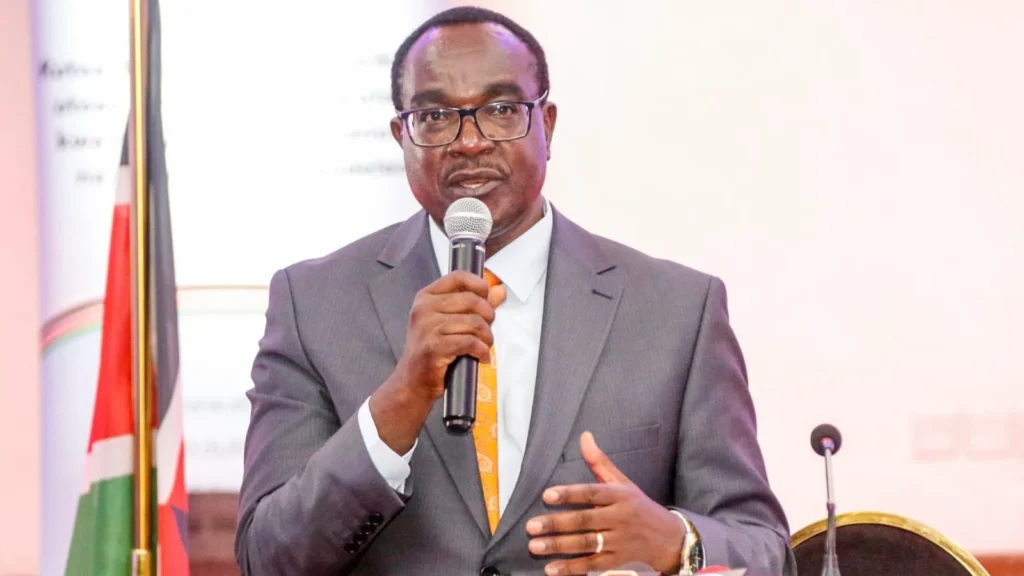Thousands of Kenyan teachers in the lower pay brackets are set to benefit from a substantial pay rise, following the signing of a new Collective Bargaining Agreement (CBA) between teachers’ unions and the Teachers Service Commission (TSC). The deal, which will cost the government Ksh.33.7 billion over four years, was signed on Friday at the Kenya Institute of Special Education in Nairobi.
Under the agreement, the lowest-earning teachers will enjoy a salary increment of up to 29.5 percent, raising their monthly pay from Ksh.23,000 to at least Ksh.29,000. The increase aims to bridge the long-standing pay disparities between lower and upper cadre teachers and improve the welfare of the teaching workforce.
The deal was reached after prolonged negotiations involving the Kenya National Union of Teachers (KNUT), the Kenya Union of Post Primary Education Teachers (KUPPET), and the Kenya Special Needs Education Teachers union. KNUT Secretary General Collins Oyuu hailed the deal, emphasizing the significant gains for lower cadre teachers.
“Teachers will have something to smile about,” said Oyuu. “It is true that the lower cadre of teachers, as mentioned by the TSC chairman, has received a hefty increment in terms of percentages.”
In addition to the pay rise, the CBA includes provisions to address long-standing issues affecting teachers’ career progression. KUPPET Secretary General Akelo Misori announced the gradual abolishment of the contentious Career Progression Guidelines (CPG), which have been in place since 2018.
“We have removed career progression, which has been a thorn in their flesh since 2018, and progressively it will end on July 30, 2026,” said Misori. He noted that the guidelines had led to unfair interdictions and had been under review.
The new CBA marks a significant win for teachers and comes at a time when public sector workers have increasingly called for better remuneration. As the phased implementation begins, the government hopes the improved welfare package will boost morale and enhance service delivery in Kenya’s education sector.

